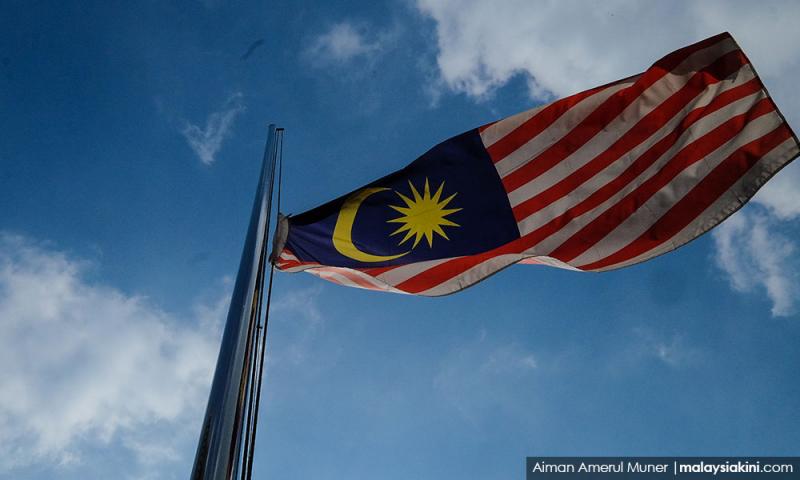LETTER | Leveraging on ties with China and India
LETTER | The Association for Welfare, Community and Dialogue commends the visit of Prime Minister Anwar Ibrahim to India, his first since he took office in 2022, where he met with his Indian counterpart Narendra Modi.
Both heads of state addressed reporters after signing a slew of new agreements, including on digital technologies, tourism, and traditional medicine.
Anwar said the two countries have enjoyed good relations for years, adding that “we realised this must be strengthened in a multitude of areas” including construction, agriculture, and military collaborations to safeguard both nations’ borders.
Modi announced that ties between India and Malaysia would be elevated to a comprehensive strategic partnership.
The Malaysian prime minister has also visited China previously and this proves that Malaysia has adhered to its independent foreign policy.
This comes in the context where Malaysia has applied to join Brics and needs the support of the bloc’s founding members to be accepted.
It has been stated that a key part of Modi’s Indian foreign policy has been to deepen trade and ties with other Asian countries, including Malaysia, to push back against growing Chinese influence in the region.
By having good ties with both countries, Malaysia could play a key role in mediating peace in Asia, where India and China are competing for influence and the United States capitalising on rivalries to control the region.
There are three positive indicators of having good ties with India and China.
Firstly, Malaysia - which will take over Asean chairpersonship in 2025 - will have an opportunity to historically shape key Asean efforts to manage shifting major power dynamics and play a decisive role in ensuring the whole of Asia does not become a cold war entity.
Secondly, Malaysia with its Chinese and Indian population should leverage on cultural ties that these respective communities have with China and India to build on trade and people-to-people interaction besides enhancing tourism.
Thirdly, Anwar - who has a record in promoting civilisational dialogue - could play a leading role in having an intellectual and civilisational exchange of ideas with China and India that will help promote peace in the region.
Therefore it is hoped that Malaysia will leverage on its strengths of a strong independent foreign policy by engaging India and China, and play a decisive role in minimising conflicts in Asia, encouraging cultural ties and promoting civilisational exchanges.
The views expressed here are those of the author/contributor and do not necessarily represent the views of Malaysiakini.
RM12.50 / month
- Unlimited access to award-winning journalism
- Comment and share your opinions on all our articles
- Gift interesting stories to your friends
- Tax deductable
